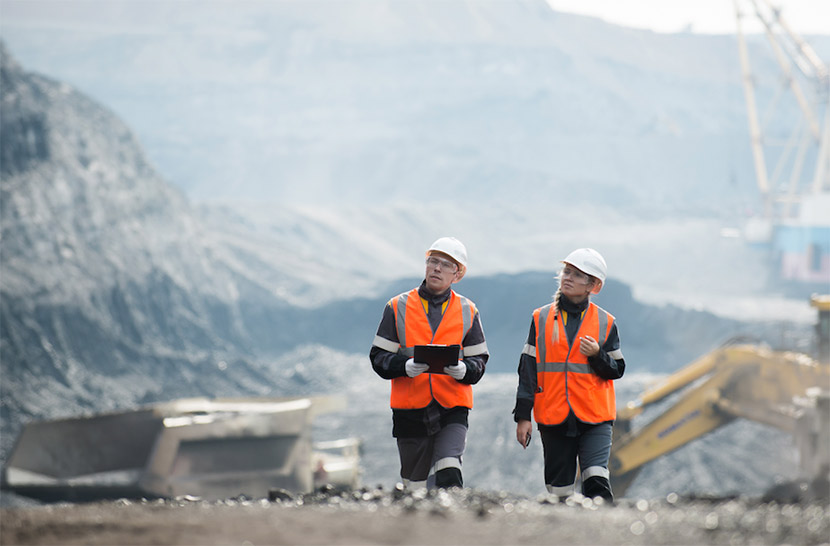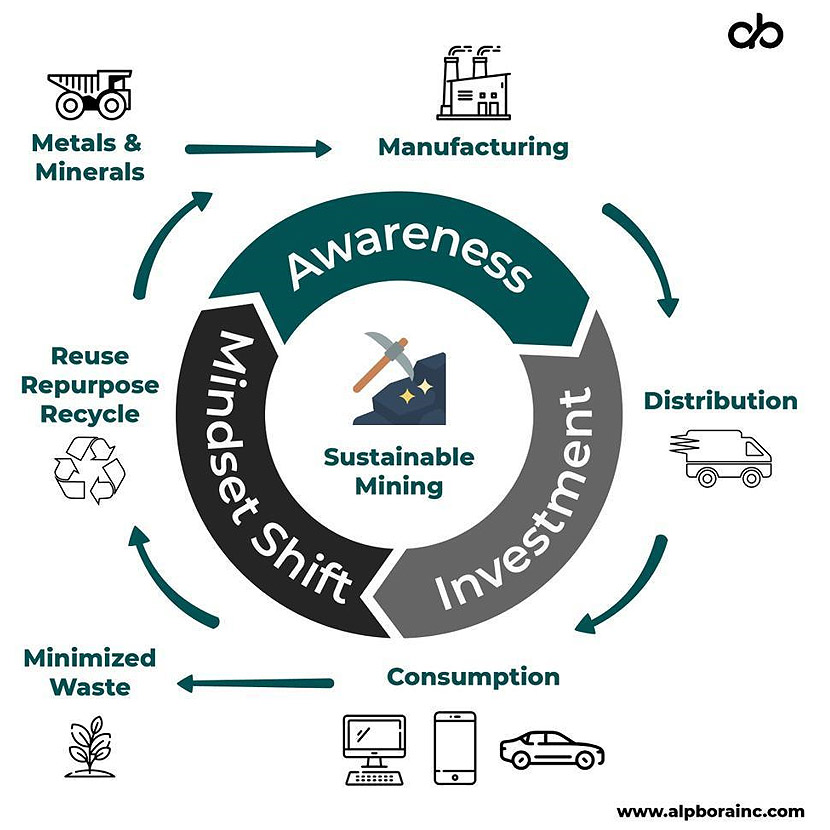JV Article: Engaging frontline workers to achieve sustainability culture in mining

During the decade Alp Bora spent as a mechanical engineer in mining, he saw the industry’s reputation suffer in the court of public opinion due to multiple incidents of environmental disasters, corporate malfeasance, and on-site accidents.
Bora became concerned about the industry’s future as he observed the disconnect between public perception and mining’s vital role in sustainable technologies.
With the mission to help transform the mining industry for a more sustainable tomorrow, he launched his own consulting business in 2021 — Bora Consulting Inc. — specializing in operational excellence. He advises the management of mining companies on how to streamline and optimize production.
Bora’s aim is to help companies achieve greater sustainability in mining through training and coaching that engages one of its most valued assets — the frontline workforce.
After a speaking tour of several university campuses and delivering a Ted Talk last year on Why We Need Mining to Save the Environment, this month, Bora published his first book, Mining is the Future.

The book explores what Bora calls the AIM Framework: a three-step process to achieve sustainability in mining.
The book discusses the importance of meeting the increasing demand for critical minerals while protecting the environment. As the industry transitions to sustainable mining practices, it must simultaneously redouble efforts to improve the negative public perception of mining.
Without the support of a committed and well-informed public, fundamental change in mining is not possible, Bora notes.
“The book is fighting against this terrible reputation we have,” Bora says. “Historically mining has been one of the most dangerous industries out there.”
The book talks about “sustainability culture” in mining, a new way of thinking that must extend from miners and producers to manufacturers and consumers.
“The reason I use the word ‘culture’ is that I want to move beyond statistics. I want to create a deeper bond, a care factor within the industry, as well as with its end-users.”

Bora points out that many countries made pledges to achieve net-zero carbon emissions without substantive consultation with the mining industry, and now they are struggling to find the raw materials they need to accomplish these goals.
Bora emphasizes that a true culture shift can only occur when workers at all levels have an intuitive understanding of sustainability as a fundamental part of their everyday routines. Far too many workers still see terms like “sustainability” and “environmental, social & governance (ESG)” as buzzwords devoid of any real meaning.
He suggests that one obstacle to real progress in the industry is that businesses adopted the language of decarbonization, sustainability, and ESG without engaging with and educating the frontline workers about these vital initiatives.
“Corporate narratives say all the right things, and that’s great. But what about our front-line workers? Are they engaged in this fight against climate change? ” Bora asks. “I’d like to issue a kind of challenge to that perspective and bring forward the message to engage our frontline supervisors, operators, maintainers, and engineers.”
Bora emphasizes how the word “culture” can help draw a parallel to the absolute need for greater worker safety in mining. Workplace safety, he says, has become a core business in mining.
“You cannot claim to have safe production unless your frontline workers are engaged in this,” Bora points out.
“We train our people on safety in these organizations; we even train them on cybersecurity,” he says. “But still there is no training on sustainability in most mining companies. There’s no mandatory training that companies provide to their employees on the circular economy, for example.”
Bora has been working with mining companies to develop training programs focused on engaging frontline workers in reaching sustainability targets. “It is still a very high-level concept, but there are tools that are available to us to help us achieve that goal, to develop strategies on how to engage them better — and not just about how it can impact business, but also educate workers in their personal lives.”
The preceding Joint-Venture Article is PROMOTED CONTENT sponsored by Bora Consulting Inc. and produced in cooperation with MINING.com. Visit http://www.alpborainc.com for more information.



Comments